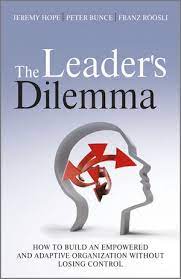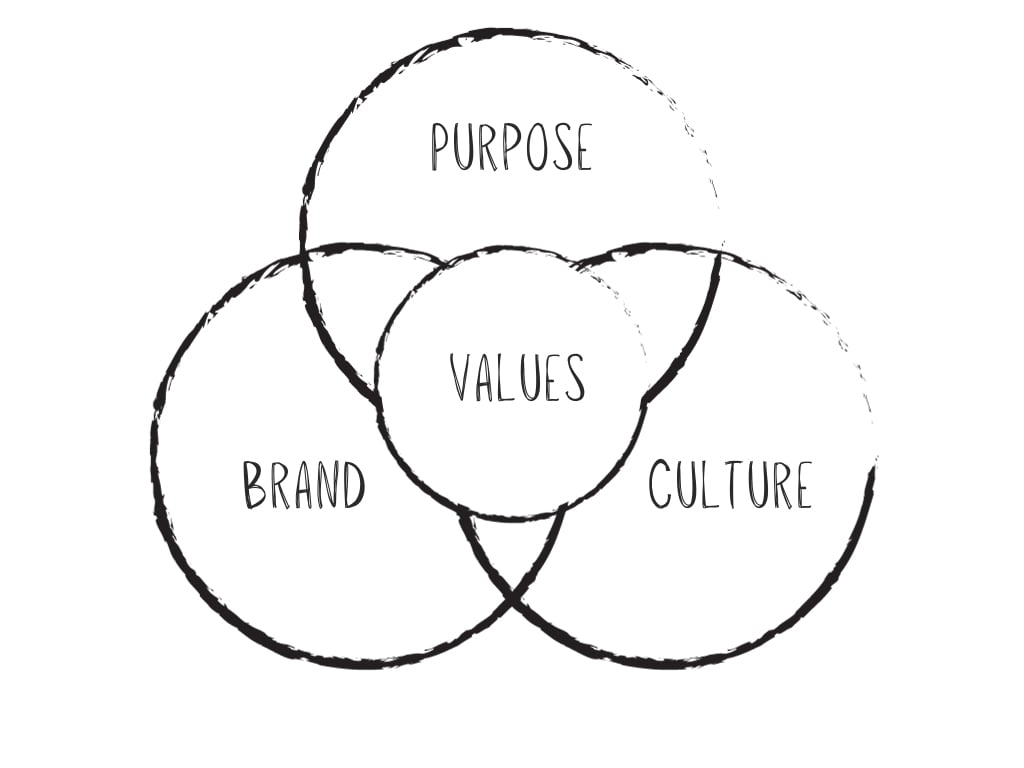In the dynamic landscape of business, where markets shift and strategies evolve, the need for one constant remains paramount—the values that underpin the organisation. No central plan will ever truly bind people to a common cause, only values will.
"When people can work toward shared goals and visions that affirm their values and beliefs, they become passionate".
Joseph H. Bragdon, Profit for Life.
Here are 7 essential pillars for a values-led organisation, which we have drawn from our observation of some of the world's leading businesses and NGOs.
1. ALWAYS agree a noble purpose beyond shareholder value
Exemplar organisations frame their purpose, not in terms of profit and dividends, but in terms of social or community benefits that provide real meaning to employees and other stakeholders. An organisation’s purpose needs to be expressed in a way that “grabs” people: it should make them proud to tell their family and friends who they work for and what it does.
2. NEVER focus performance only on the bottom line
Companies that are able to consistently achieve extraordinary performance know that profit is essential to grow and sustain the business, but it is not the purpose of the organisation. There is evidence to suggest that when the CEO makes it a priority to balance the concerns of customers, employees and the community, while also taking environmental impact into account, employees perceive him or her as visionary, and are more willing to exert extra effort. Corporate results follow as a result.
3. ALWAYS keep it simple
The best organisations have only a few core values. These rarely, if ever, change.
4. NEVER omit values in performance evaluation
Values are always included in the performance evaluation system. The litmus test of any set of values is that senior management recognises and promotes those that live the values and take to task those that don’t. We see this as being particularly important in the transitional phase of organisations implementing a new management model.
5. ALWAYS communicate values at every opportunity
To agree and write about values is not sufficient. Values in top-tier corporations are communicated in every possible way. If an organisation has a noble purpose, but its leaders ignore it and fail to serve it, the purpose is lost. Leaders need to “walk the talk” of purpose and values, and constantly reinforce the message at every opportunity.
6. NEVER place profit before ethics
Actions that damage a company’s reputation can undo years of work and leave a trail of devastation lasting for many years. The reality is that the temporary rewards of short-term profit are never worth the risks of betraying ethics. Values-led organisations put significant effort into educating everyone that the company’s “license to operate” must be protected at all costs. Anyone breaking this rule knows that they face sanction and possibly dismissal.
7. ALWAYS promote a culture of love and care
Love and care are not the first qualities that you associate with large organisations, but as organisations make the transition from “command and control” to “empower and adapt,” love and care are exactly the qualities that we see rise in importance. Love is the opposite of fear. When fear predominates, trust cannot flourish. The opposite is also true.
Values, then, are the invisible threads that, when woven together, form the fabric of a successful organisation. By framing purpose, prioritising ethics, and creating cultures based on trust, businesses can build a foundation for sustainable success that is beyond the reach of those that prioritise shareholders and profit over all else.
Profit is essential, but it is values that give purpose its true meaning.
Adapted from The Leaders Dilemma, by Jeremy Hope, Peter Bunce and Franz Röösli. To read more on this topic, including case studies and empirical research, you can buy your copy here.



